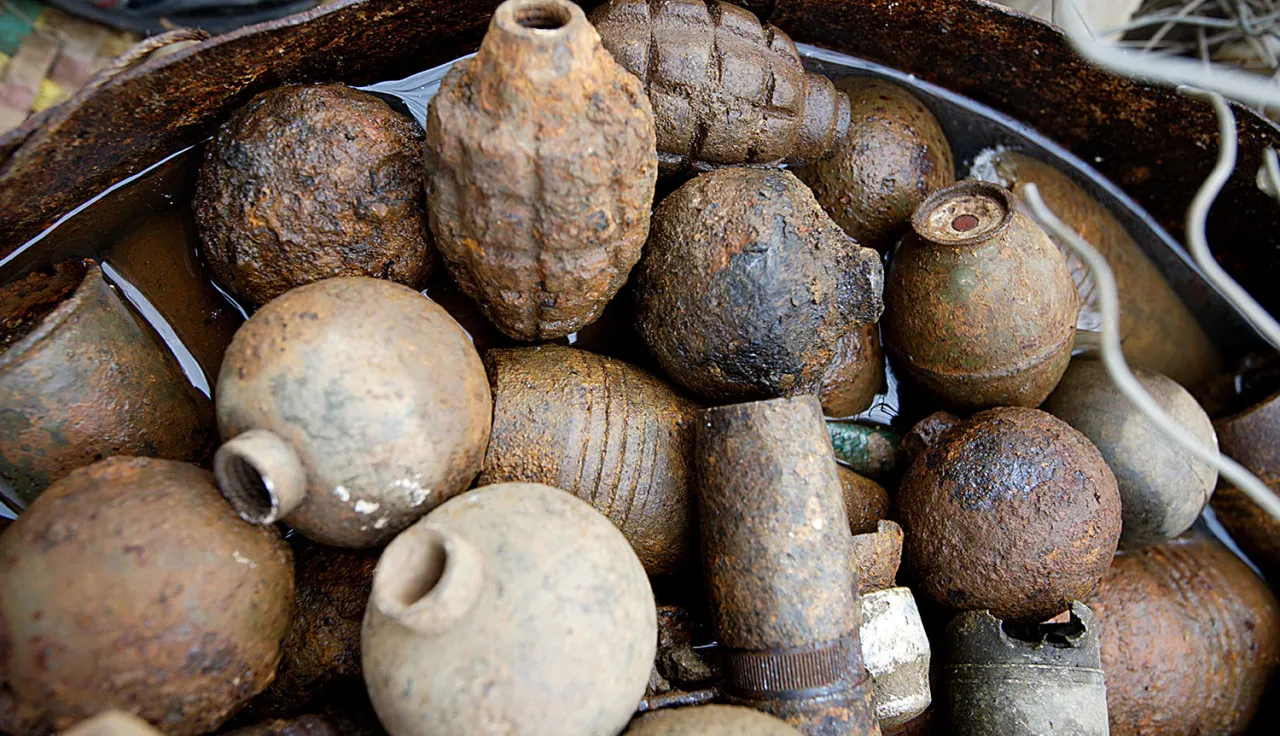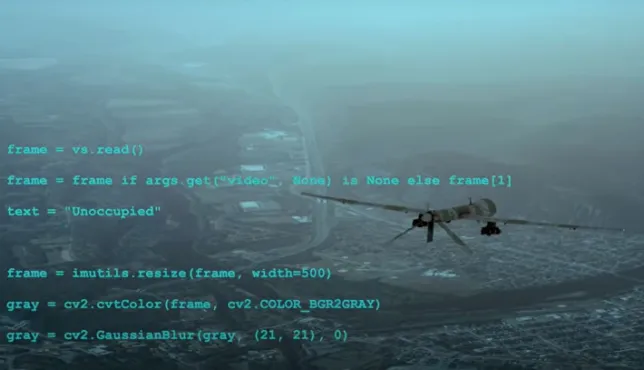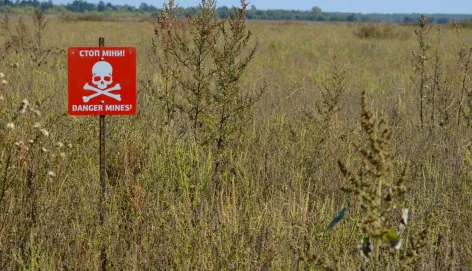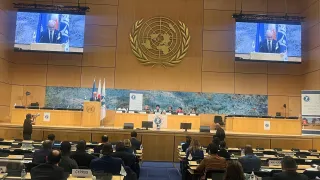International humanitarian law (IHL) establishes rules on weapon selection and restricts the use of specific arms
IHL governs weapon choices, and bans certain arms. It aims to ease suffering in armed conflicts by regulating combatants' behaviour and weaponry.
Early treaties prohibited specific arms, such as exploding projectiles and expanding bullets (1868 and 1899). The Geneva Protocol (1925) outlawed poisonous gases and biological warfare and was later extended by the Biological and Chemical Weapons Conventions. The 1980 Convention on Certain Conventional Weapons restricts various types of munitions and addresses post-conflict hazards.
The 1997 Anti-Personnel Mine Ban Convention prohibits landmines and includes provisions to reduce casualties and help victims. The Convention on Cluster Munitions (2008), which is binding on the 30 ratifying states, seeks to reduce harm from these weapons and enhance humanitarian efforts in this respect.
Unregulated arms proliferation hampers IHL compliance and aid delivery.
There is still no universal ban on nuclear weapons, which are highly destructive. The ICRC, supported by the International Court of Justice, urges states not to use them.
The ICRC's guide helps governments ensure new weapons comply with IHL.






